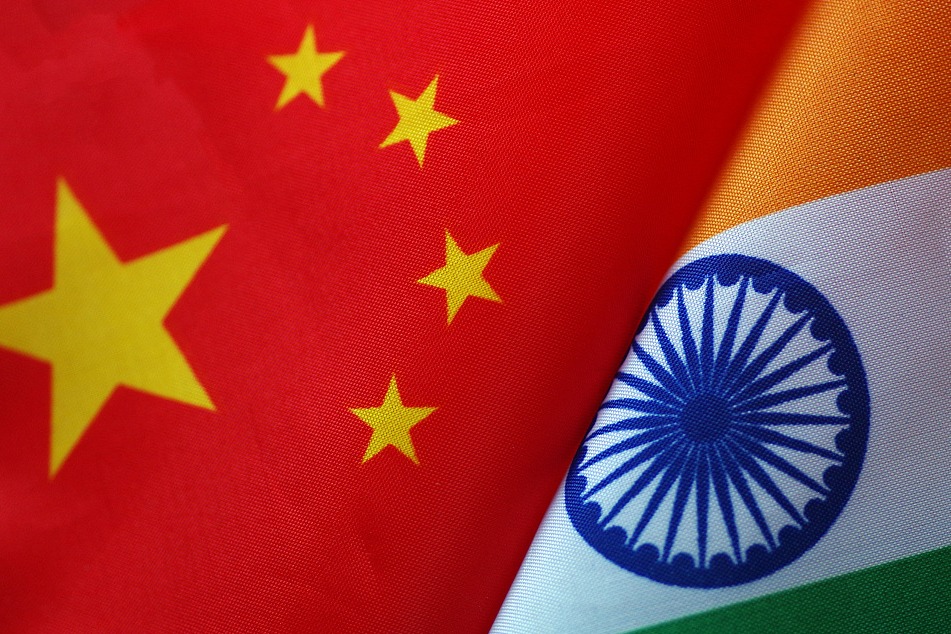'Thin ice': UN climate report gives stark warning


BERLIN — Humanity still has a chance, close to the last, to prevent the worst of climate change's future harms, a top United Nations panel of scientists said on Monday.
But doing so requires quickly slashing nearly two-thirds of carbon pollution by 2035, the Intergovernmental Panel on Climate Change said. However, the UN chief put it more bluntly, calling for an end to new fossil fuel exploration and for rich countries to quit coal, oil and gas by 2040.
"Humanity is on thin ice — and that ice is melting fast," UN Secretary-General Antonio Guterres said. "Our world needs climate action on all fronts — everything, everywhere, all at once."
Stepping up his pleas for action on fossil fuels, Guterres called for rich countries to accelerate their target of achieving net-zero emissions to as early as 2040, and developing nations to aim for 2050 — about a decade earlier than most current targets. He also called for them to stop using coal by 2030 and 2040 respectively, and ensure carbon-free electricity generation in the developed world by 2035, meaning no gas-fired power plants either.
That date is key because nations soon have to come up with goals for pollution reduction by 2035, according to the Paris climate agreement. After contentious debate, the UN science report approved on Sunday concluded that to stay under the warming limit set in Paris, the world needs to cut 60 percent of its greenhouse gas emissions by 2035, compared with 2019, adding a new target not previously mentioned in six previous reports issued since 2018.
"The choices and actions implemented in this decade will have impacts for thousands of years," the report said, calling climate change "a threat to human well-being and planetary health".
"We are not on the right track, but it's not too late," report co-author and water scientist Aditi Mukherji said. "Our intention is really a message of hope, and not that of doomsday."
The latest IPCC report, released in the Swiss tourist resort of Interlaken on Monday, makes it clear that the pace and scale of what has been done so far, as well as the current plans, are insufficient to tackle climate change.
Agencies - Xinhua































